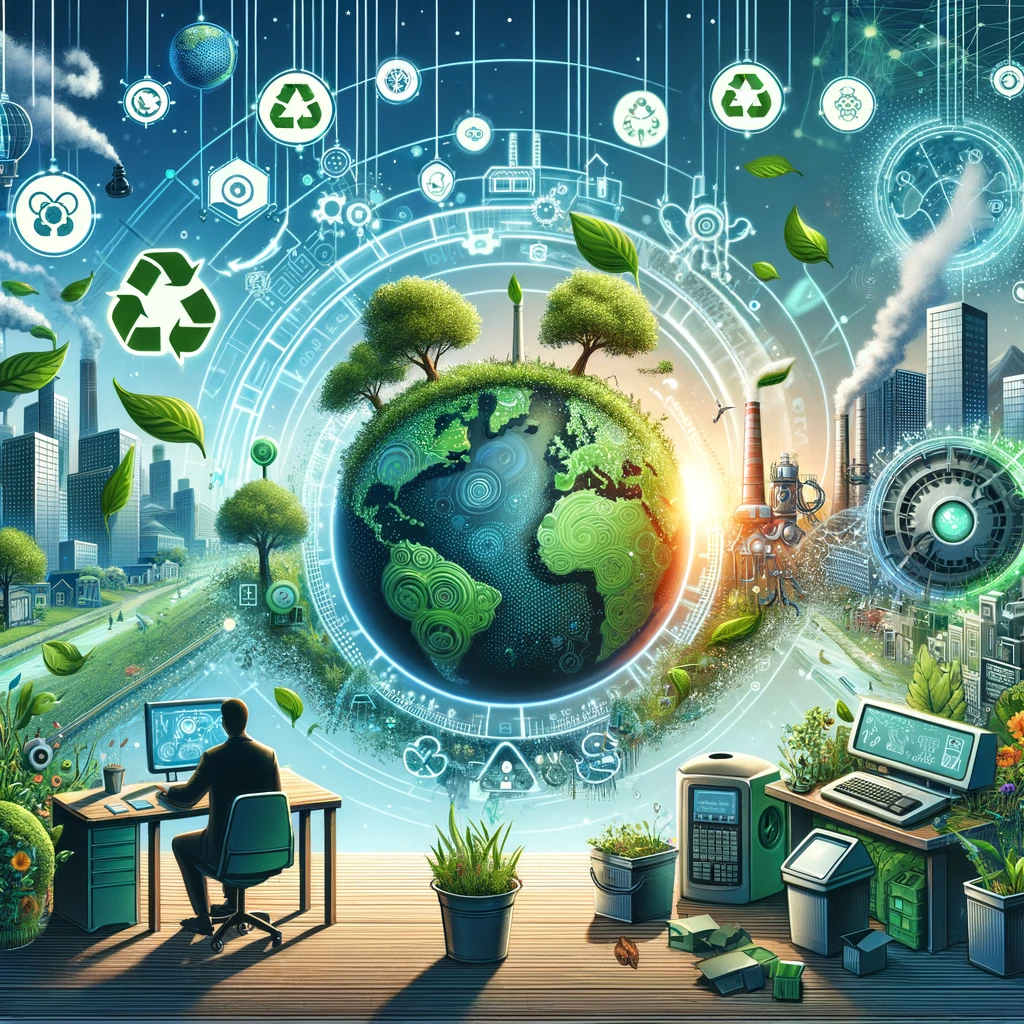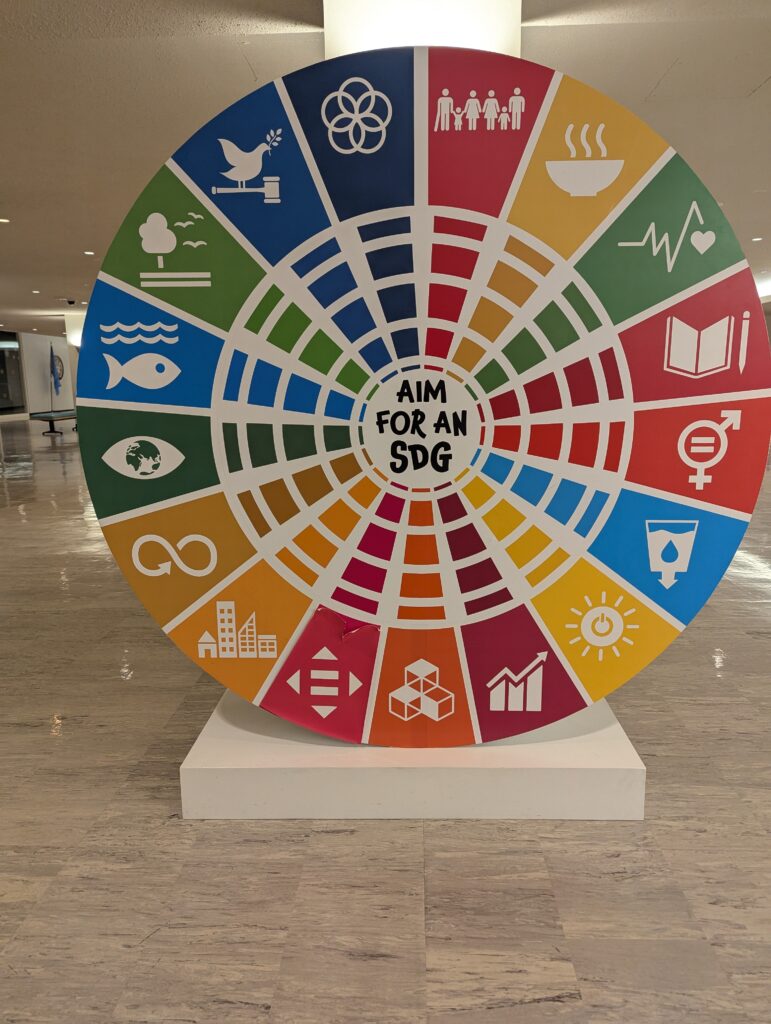At The Common Ones, we believe that sustainable technology solutions can play a pivotal role in minimizing the impact of business and supporting circular transition and green tech.
Yet as we ride the wave of Information and Communication Technologies (ICTs) that are shaping our world, we must confront their environmental footprint. The benefits of ICTs, from global connectivity to digital innovation, are undeniable. However, their rapid growth and widespread use come with a hidden cost.
As we discovered in our recent project, Green Digital, ICTs generate significant greenhouse gas emissions throughout their life cycle. The energy used in manufacturing, powering, and maintaining these devices contributes to this impact. Consider this: the mobile industry alone emits over 220 million tons of carbon dioxide equivalent (Mt CO2e) annually, accounting for approximately 0.4 percent of global carbon emissions. When you factor in the entire ICT industry, carbon emissions rise to around 700 Mt CO2e per year, equivalent to about 1.4 percent of global carbon emissions.
Moreover, as consumers increasingly turn to renewable energy sources to power their devices, these technologies eventually become electronic waste (e-waste). Unfortunately, many ICT components and equipment are challenging to recycle, with only a few countries regulating end-of-life management. This leads to the alarming statistic that up to 50 million tonnes of e-waste are generated each year globally, with just 20% being formally recycled.
The improper disposal of e-waste poses health and pollution risks while squandering valuable raw materials, including gold, platinum, cobalt, and rare earth elements. Approximately 7% of the world’s gold may be contained within e-waste, highlighting the missed opportunity to recover these precious resources.
As the world becomes increasingly connected and digital, addressing the environmental impact of ICTs becomes paramount. We must bridge the gap between progress and responsibility. It’s not just about economic growth but also about enhancing social well-being and preserving the environment.
Follow the development of our project Green Digital and upcoming workshops to articulate change.





